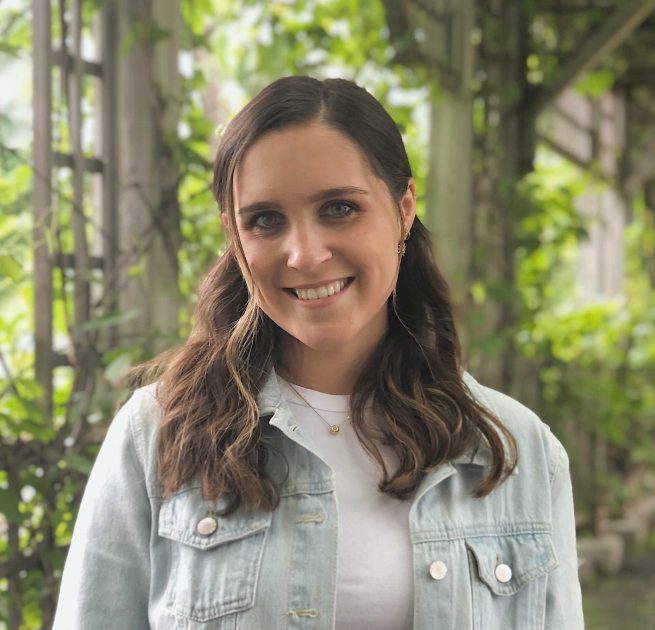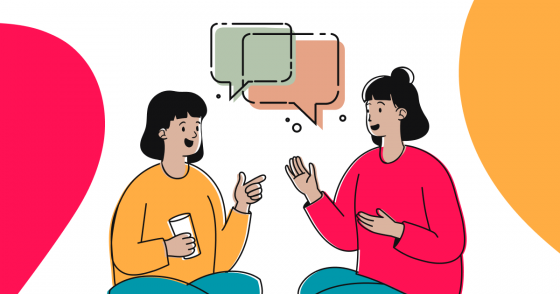Spring is in full swing in parts of the world, and you know what that means: blossoms, buds, and bees! In this Meetup Live event recording, we’re bringing in an apiarist to give us the buzz on everything involved with beekeeping.
Watch Frank Mortimer, author of Bee People and The Bugs They Love, who will take us on a fact-filled journey into the world of bees. Hear about the loving practice of beekeeping and why it’s more than just a hobby. You’ll also learn about different types and uses of honey, a sweet treat that’s been delighting tastebuds for thousands of years.
Timestamps:
- Beekeeping intro (2:07)
- Basic Bee Facts
- Bee Hives (11:45)
- Inside a Hive (12:13)
- Equipment (14:01)
- Getting Bees
- Nucs or Packages (18:06)
- Swarms (19:44)
- Varroa Mites (21:23)
- Why Bees Make Honey (23:54)
- Honey Facts (24:32)
- Making Honey (34:23)
- Frank’s Honey (37:17)
- Q&A (38:53)
Top Q&A and Resources:
- If you buy a beehive, will the bees come, or do you need to buy the bees, too?
- You have to buy them separately. So when I showed those catalogs, that’s just for bee stuff and I should say you can also buy bees through some of those catalogs but theoretically, those are just where you buy your equipment. My number one piece of advice if you’re looking to get started is to find a local bee club because your local bee club will be able to instruct you on where’s the best place to get bees locally.
- What is the best climate to be a bee farmer?
- Honey bees are not native to North America. The European colonists brought their bees with them when they came over here. and so naturally occurring honey bees live in Spain and Italy as well as in Sweden, Norway, and Finland. If you think about the variety of climates just in that little segment of Europe, you can see that there isn’t one single perfect climate. Instead, you have to tailor your beekeeping depending on where you live. In the colder climate, you might have a shorter honey season, but because of the extreme cold, it kills a lot of the pests. In a warmer climate like Florida, they would have a lot more pests, but they would have a longer season versus here in the northeast.
- What can people who aren’t able to become beekeepers do to support the bee population?
- My first piece of advice is to find your local beekeeper, Google your local bee club, and I guarantee that you have a beekeeper closer than you think. Buy that beekeeper’s honey. By supporting your local beekeeper you’re supporting their ability to have money to continue to raise bees. Second, think about the plantings you can do. You could plant in 3-foot bushes or bundles of flowers, because bees are generalists, and they’re more likely to go to a big giant cluster of flowers than they would if they’re planted individually.
Resources:
Last modified on May 10, 2022











